Knowledge by Oliver Vodeb
designer, researcher, educator, theorist, organizer, sociologist

*In construction with one more resource to come.
Dr Oliver Vodeb is a sociologist looking closely at design and communication. He co- founded Memefest in 2002 and is since then its principal curator and facilitator. He is currently an academic at the RMIT School of Design in Melbourne. Oliver is also the principal curator of Lipstick+ Bread and a founding member of Academics for Public Universities and Public Universities Australia. He has published extensively, lectures internationally, and has designed and directed public campaigns and interventions in various parts of the world. He's latest books are Food Democracy and Radical Intimacies (Intellect) and What is Post-Branding? (Set Margins’).
Sátántangó

by
The Social Construction of Reality: A Treatise in the Sociology of Knowledge
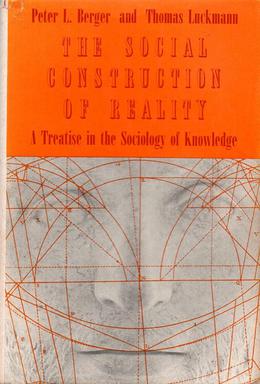
Berger and Luckmann's book is a seminal work in sociology that examines how society collectively constructs and maintains its understanding of reality. In the book, they argue that reality is not an objective, fixed entity but rather a product of social interactions and interpretations. They introduce the concept of 'social constructionism,' which suggests that individuals and groups create their own subjective realities through processes of socialization, language, and institutionalization. One of the key insights of the book is the notion that reality is continually being constructed and reconstructed through ongoing social processes and while individuals may perceive reality as 'given' or 'natural,' it is actually a product of historical, cultural, and social forces. A beautiful and powerful book for activists (and everyone else) wanting to understand how they are playing an active part in the construction of reality.
Link to the book here.
The Conquest of Cool, Thomas Frank
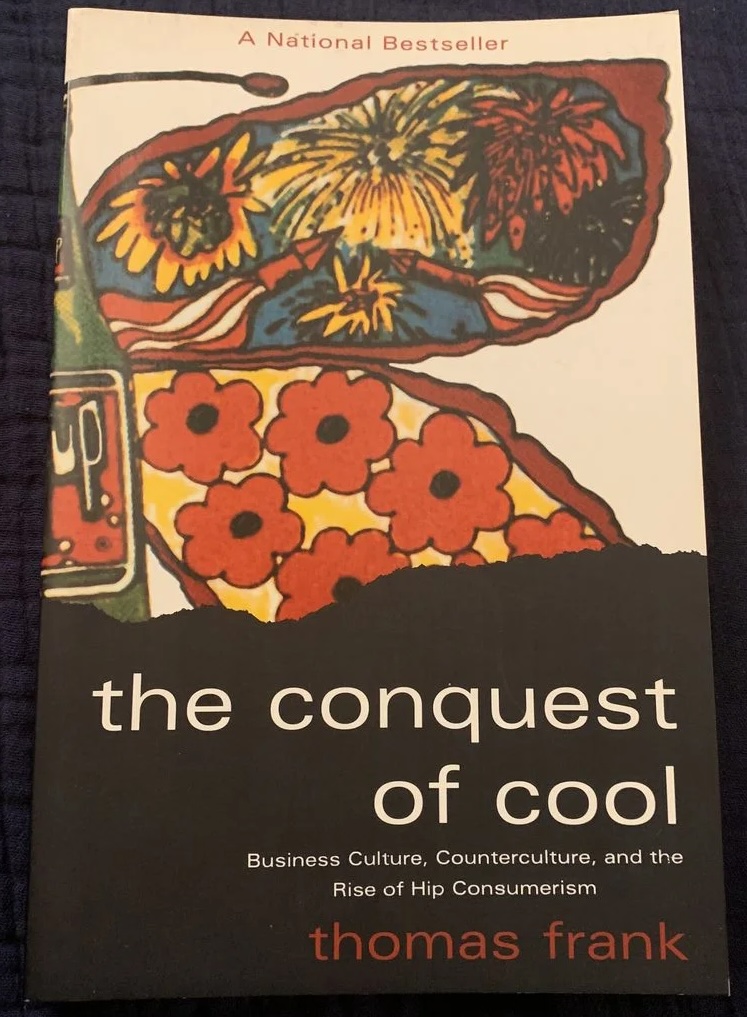
We did a global Memefest on this book in 2003. A brilliant expose of how capitalism is coopting critique, selling it as cool and looking great while doing it. This book is great at explaining some of the key principles driving capitalism and advertising plays the main role. If counterculture sells, what doesn't? Super!
Link to the book here.
Propaganda: the formation of men’s attitudes, Jacques Ellul

A classic work on propaganda by Jacques Ellul, which shows that propaganda is based on totalitarian principles, as it uses everythig at its disposal to achieve its goals. While previous theories looked largely at psychological aspects, Ellul adds sociologial propaganda and completes the picture. Propaganda is the totality of forces pressing in upon an individual in his society, and surprisingly, for Ellul, the individual needs propaganda and even seeks for it.
Link to the book here.
Extradisciplinary Investigations Towards a New Critique of Institutions, Brian Holmes
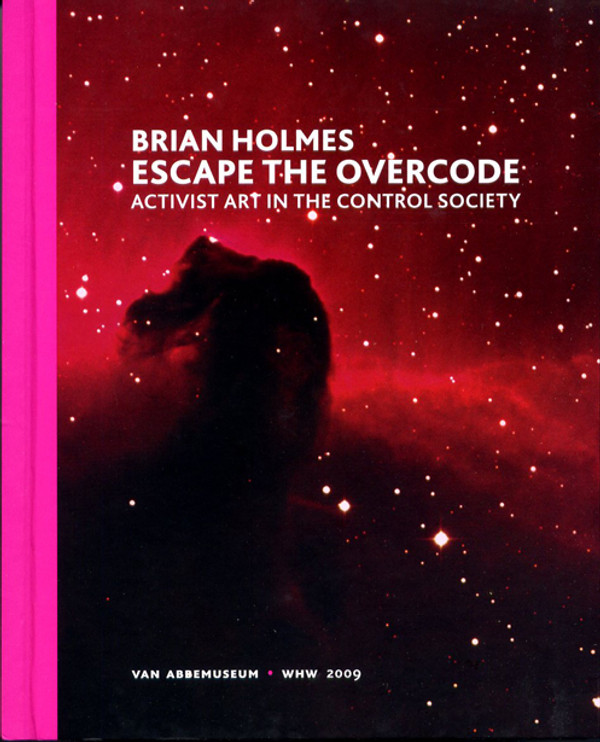
Brian Holmes at his best: the extradisciplinary critique connects far away disciplines with social movements in a radical project of institutional critique. This resonated with Memefest's work changing the discipline of design so much that it became a blueprint for the development of our own methodology. Holmes calls for a "new sort of reflexivity, involving artists as well as theorists and activists in a passage beyond the limits traditionally assigned to their practice." The extradisciplinary creates new paths of understanding, and radical critique through bypassing and eroding the limits of disciplines and professionalism. In the current landscape where everything is "interdisciplinary" this might sound familiar, but it isn’t. Read the text and see.
Link to the text is here.
Designs for the Pluriverse: Radical Interdependence, Autonomy, and the Making of Worlds, Arturo Escobar
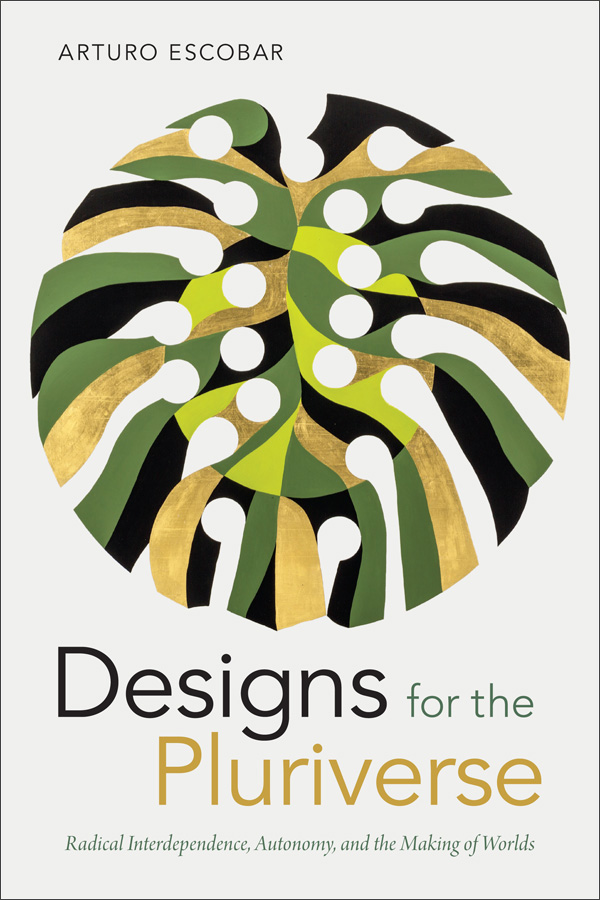
In Designs for the Pluriverse Arturo Escobar presents a new vision of design theory and practice aimed at channeling design's world-making capacity toward ways of being and doing that are deeply attuned to justice and the Earth. Escobar advocates for a world of many worlds, a multiplicity of worlds' where different forms of life and knowing exist. The book departs from the emergent field of "critical design" from a social science perspective and developes the idea of pluriversal design based on autonomy, decolonisation, indiginous and anti capitalist worldviews as well as the communal. Autonomous design is what we need!
Link to the book here.
The Onto-Epistemic Politics of Participatory Design

Participatory design is largely seen as the remedy for many of the ills of the extractivist design driven world. The big promise that it holds, is to democratize the design process, and the society via design’s impact. Oliver Vodeb and Arturo Escobar have in this special dialogue at the Participatory Design Conference at the 2020 Festival de la Imagen in Manizales, looked into the radical potential of participation and design, especially in relation to knowledge. Taking a close look at the relations between the academy, practitioners and social movements, the dialogue focused on the politics of the possible, namely, a reality open for cohabitation of different worlds by design.
Audio file of the conversation here.
[text file link comming soon]
Pedagogy of the Oppressed, Pauo Freire
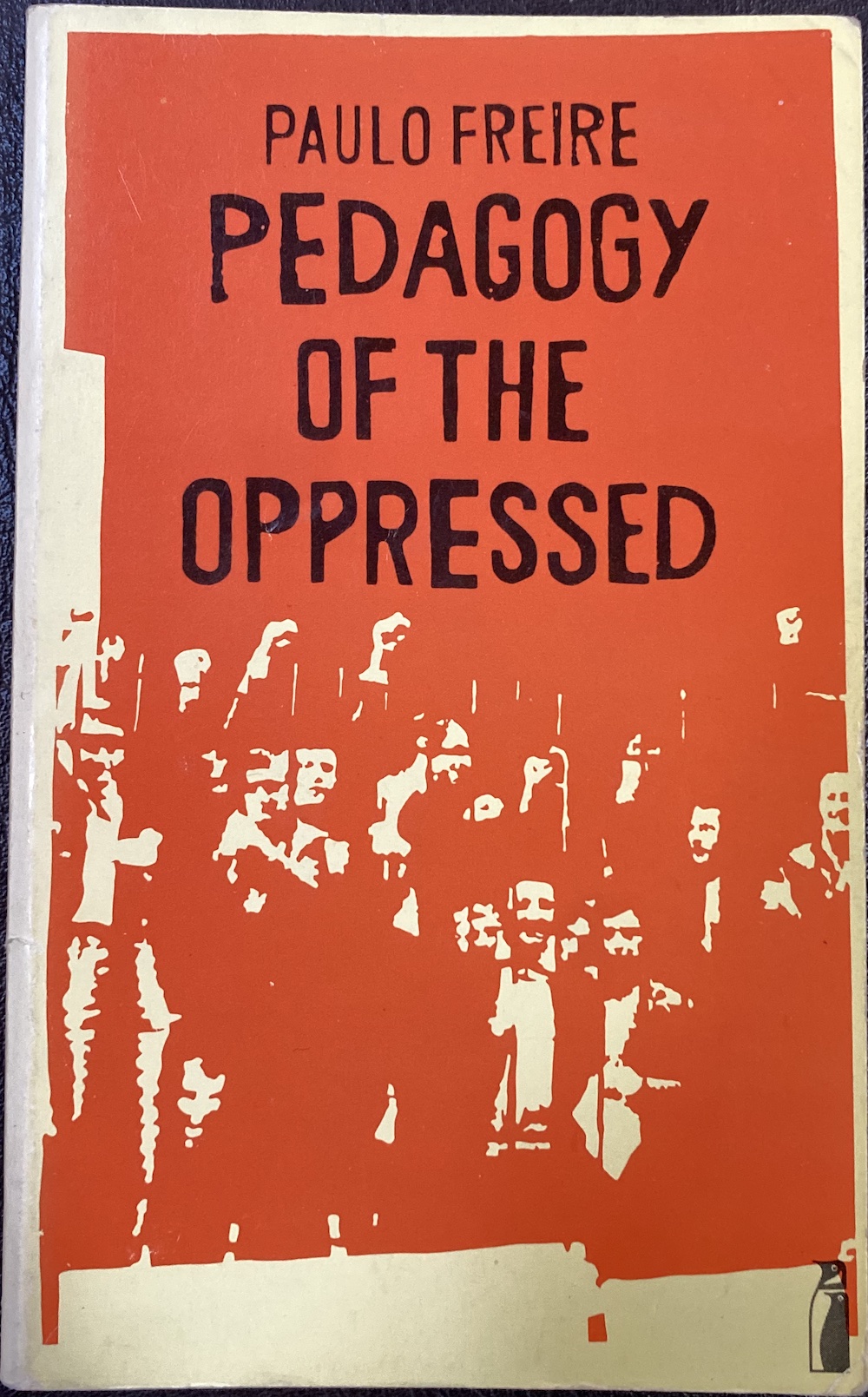
Paulo Freire’s work resonates now as much as ever. Deeply rooted in dialogue and participation, Freire advocates for a praxis in which education connects with the full emancipatory potential inherent in all human beings. His work is a key contribution to education and a foundational text in radical, liberating pedagogy.
Link to the book here.
The Amateur: The Pleasures of Doing What You Love, Andy Merrifield
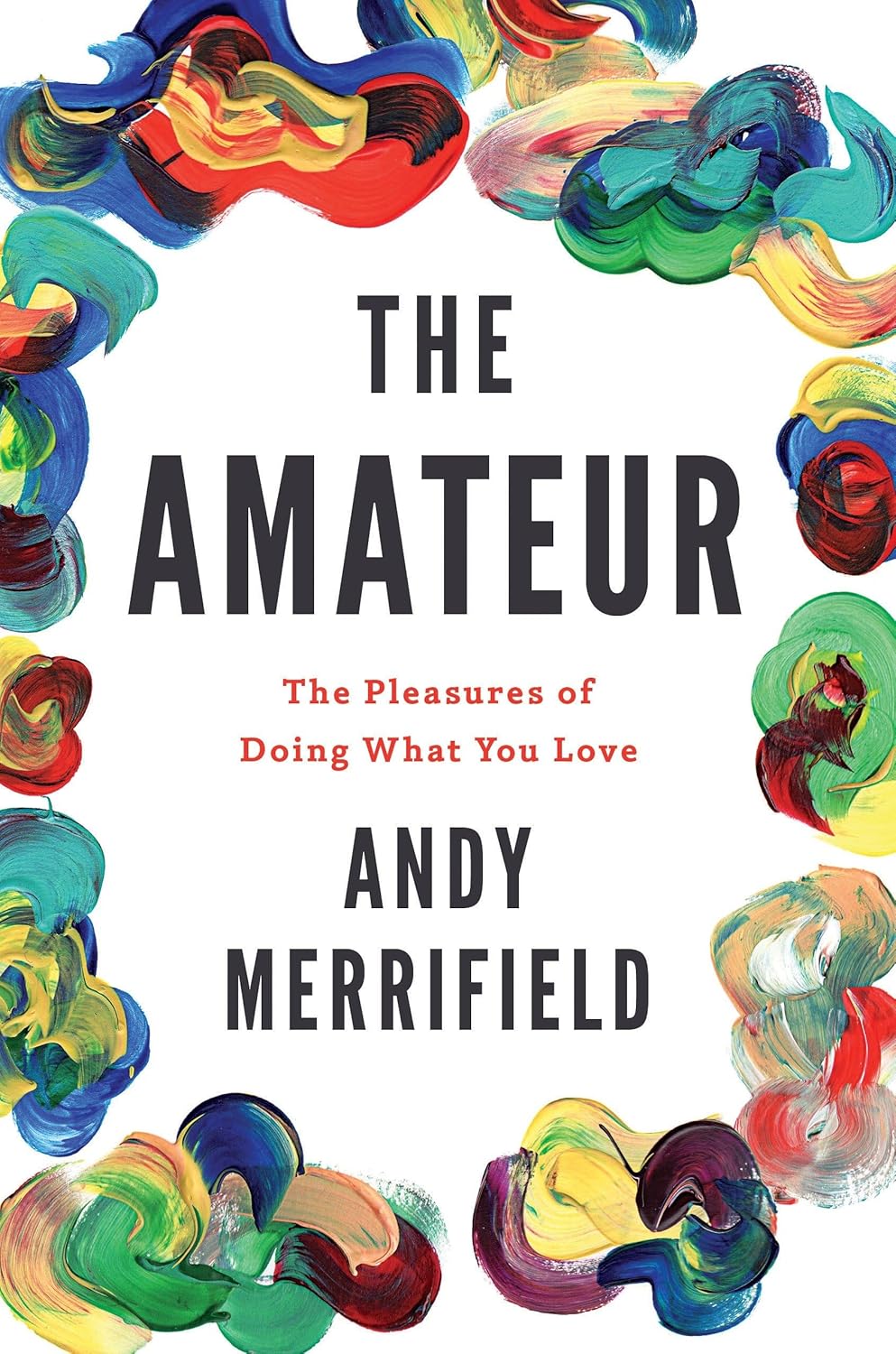
The word “amateur” comes from the Latin word amator, meaning “lover”, which is derived from amare, meaning “to love.” In its original sense, an amateur was someone who pursued an activity out of passion and love, rather than for financial gain.
Andy Merrifield shows how "experts" and "professionals" fall in the trap of specialisation, productivity, authority, prestige and we would add also stupidity. We have plenty of experts but not that many intellectuals.
Link to book here.
